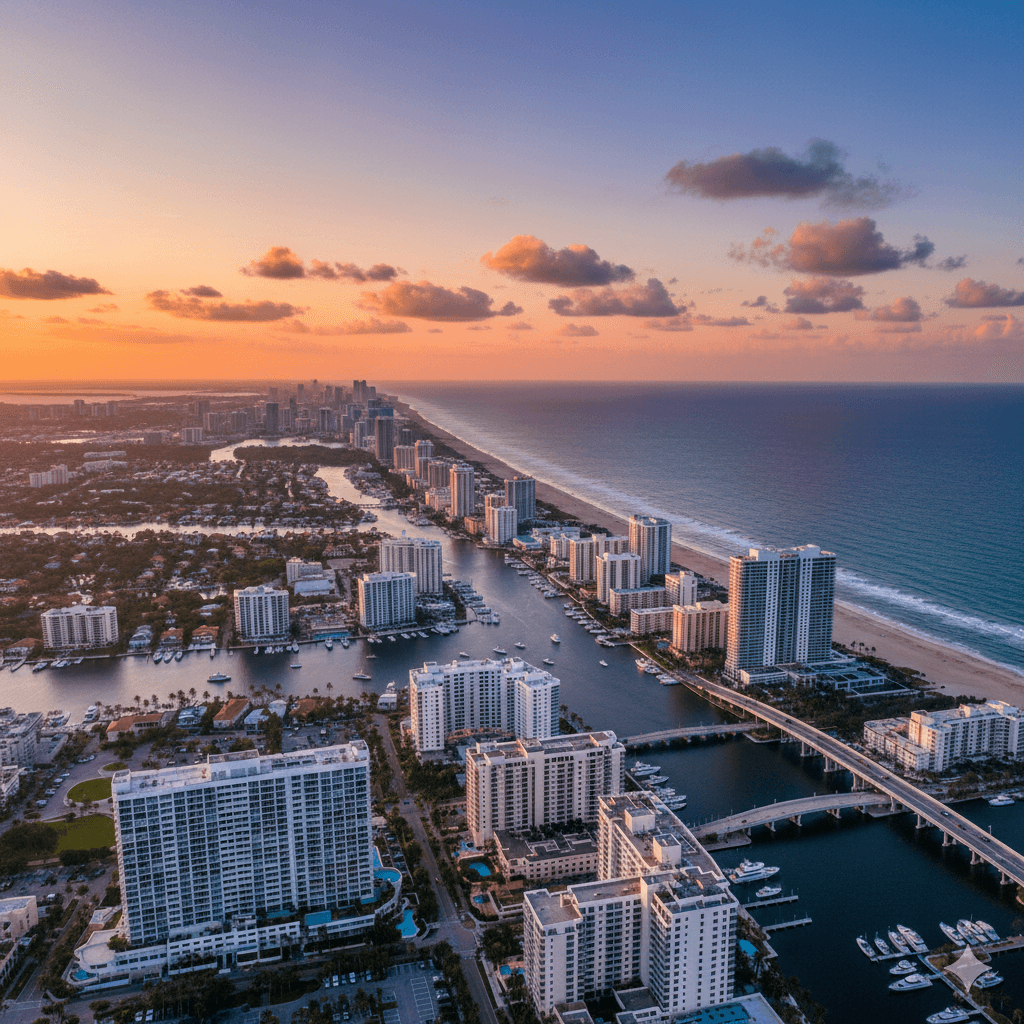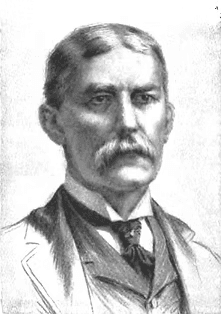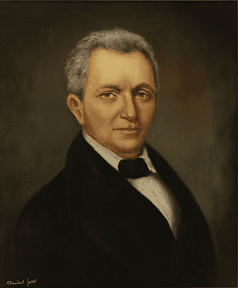
Our Heritage
A Tradition of Vision
The name Flagler Duval honors two pioneers who shaped Florida into the state it is today. Their legacy of vision, courage, and development guides everything we do.
The Namesakes
Two Pioneers, One Standard
Our firm's name pays tribute to two men whose vision, leadership, and determination shaped the very foundations of the state we serve. Their stories remind us that great outcomes require bold thinking and disciplined execution.

Henry Flagler
1830 - 1913
The Builder of Modern Florida
Henry Flagler
Henry Flagler, a visionary entrepreneur and industrialist, played a pivotal role in the development of Florida's real estate landscape during the late 19th and early 20th centuries. Born in 1830, Flagler began his career in the oil industry, co-founding Standard Oil alongside John D. Rockefeller. However, it was his transformative impact on Florida that solidified his legacy.
Flagler's first foray into Florida came in the late 19th century when he ventured south in search of a warmer climate for his wife's health. Recognizing the region's potential, he saw an opportunity to turn Florida into a prime destination for tourism and development. In a bold move, Flagler set out to extend the Florida East Coast Railway further south, embarking on an ambitious project to connect St. Augustine to the subtropical paradise of Key West.
Flagler's railroad expansion not only facilitated transportation but also spurred rapid development along Florida's east coast. Alongside the railway, Flagler built luxurious hotels, including the iconic Ponce de Leon Hotel in St. Augustine and the Royal Poinciana Hotel in Palm Beach, attracting affluent tourists and winter residents to the Sunshine State. His efforts transformed once-sleepy towns into vibrant resort destinations, laying the groundwork for the modern Florida real estate market.
Flagler's visionary investments and infrastructure development paved the way for Florida's emergence as a premier destination for tourism, retirement, and real estate investment. His legacy lives on in the bustling cities, pristine beaches, and thriving communities that dot Florida's coastlines, a testament to his enduring impact on the state's development and prosperity.

William Pope Duval
1784 - 1854
Florida's First Civilian Governor
William Pope Duval
William Pope Duval, born in 1784, was an influential figure in the early history of Florida. Appointed by President James Monroe in 1822, Duval served as the first civilian governor of the newly acquired Florida Territory, which had recently been ceded by Spain. His tenure marked a significant period of transition and development for the region.
Duval's leadership was instrumental in establishing the foundations of civil government in Florida. He worked tirelessly to implement laws, establish courts, and promote economic growth, laying the groundwork for Florida's eventual statehood. Duval's efforts to bring stability and order to the territory earned him respect and admiration among its residents.
One of Duval's notable achievements was his advocacy for land development and settlement in Florida. He actively encouraged American settlers to move to the territory, offering land grants and incentives to attract new residents. Duval's promotion of agriculture and land development spurred population growth and economic activity, contributing to Florida's transformation from a remote frontier into a thriving territory.
William Duval's legacy as Florida's first civilian governor endures through his contributions to the territory's early development. His leadership, vision, and commitment to progress laid the groundwork for Florida's emergence as a vibrant and diverse state. Today, his name is immortalized in the annals of Florida history, symbolizing the pioneering spirit and resilience of those who shaped the Sunshine State's destiny.
"The names Flagler and Duval represent more than history — they represent a standard. A standard of vision, of execution, and of unwavering commitment to building something that lasts."
Flagler Duval Real Estate Advisory